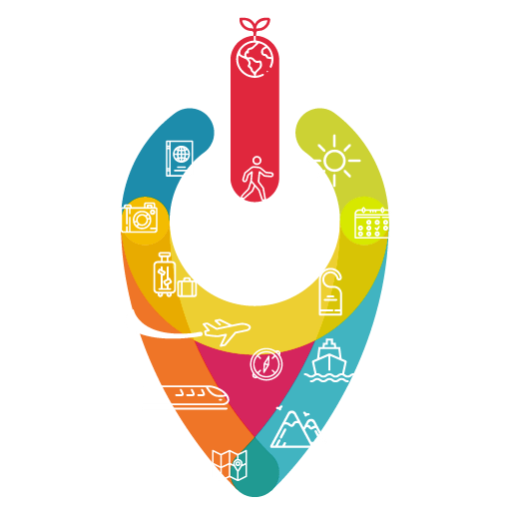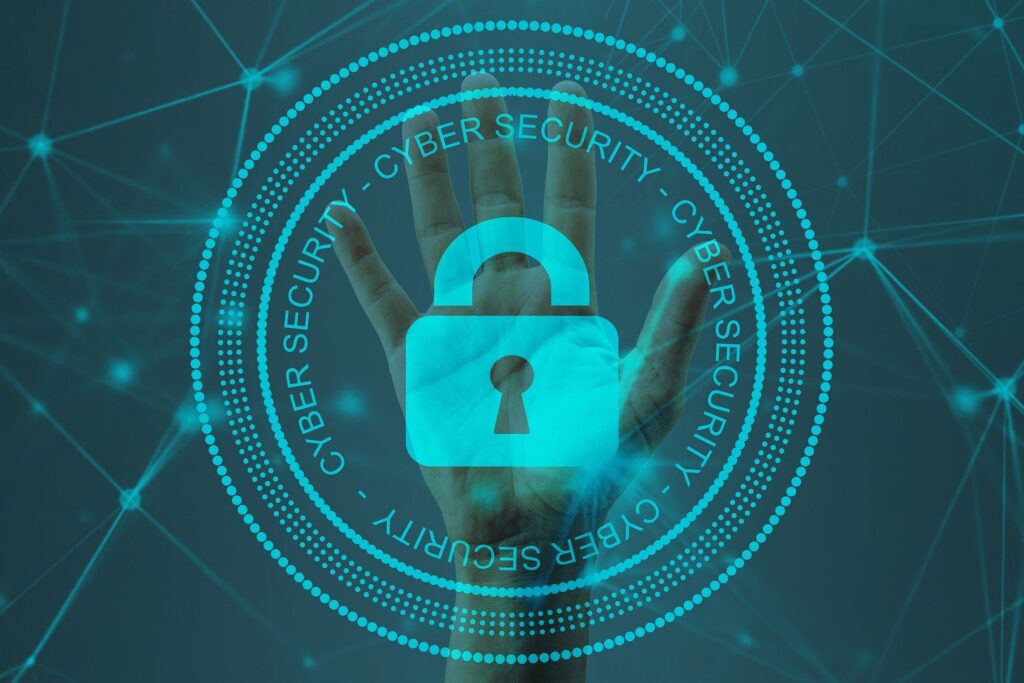Last weeks we talked about the first of RESETTING areas of experience, concerning circularity, decarbonization and digitalization, and then we introduced the various service providers affiliated with the RESETTING consortium.
This week we continue by introducing the second of the RESETTING project areas of expertise, concerning cybersecurity, systems connectivity, cloud computing and infrastructure.
Cybersecurity
Cybersecurity refers to the practice of protecting computer systems, networks, and data from digital threats and attacks. These threats can come in various forms, such as viruses, malware, ransomware, phishing, and more. The main goals of cybersecurity are to maintain the confidentiality, integrity, and availability of information and systems.
When considering the importance of cybersecurity in the context of small and medium enterprises operating in the tourism sector, four main points come to mind:
- Customer Data Protection: Enterprises can implement robust cybersecurity measures to safeguard the personal and financial information of their customers. This includes using encryption to protect data in transit and at rest, and ensuring compliance with data protection regulations like GDPR.
- Payment Security: Protecting payment transactions is crucial. Using secure payment gateways, tokenization, and fraud detection systems can help prevent financial data breaches.
- Employee Training: Educating employees about cybersecurity best practices, such as recognizing phishing emails, can prevent cyberattacks that exploit human vulnerabilities.
- Incident Response: Having a well-defined incident response plan in place can minimize the impact of cyber incidents and help recover from breaches more effectively.
Systems Connectivity
Systems connectivity refers to the ability of different computer systems, devices, or components to communicate and exchange information with each other. Connectivity can occur within a local network (intranet) or across the broader internet (internet connectivity). Effective systems connectivity enables seamless sharing of data, resources, and services. It’s essential for collaborative work, data transfer, and accessing cloud-based applications.
For tourism enterprises, this translates in three main areas:
- Online Booking and Reservation Systems: Offering seamless online booking and reservation systems that are accessible from various devices can enhance customer convenience and attract more bookings.
- Real-Time Updates: Connectivity enables real-time updates about travel itineraries, flight delays, hotel availability, and more, improving customer satisfaction.
- Integrated Communication: Connected systems allow for efficient communication between various departments like reservations, customer service, and marketing, leading to smoother operations.
Cloud Computing
Cloud computing involves delivering various computing services, such as storage, processing power, and software, over the internet. It eliminates the need for physical hardware and allows users to access resources on-demand from a remote location. Cloud services are typically categorized into three models: Infrastructure as a Service (IaaS), Platform as a Service (PaaS) and Software as a Service (SaaS).
The benefits of cloud computing for SMEs in the tourism sector are the following:
- Scalability: Cloud infrastructure allows tourism enterprises to scale their resources based on demand. During peak seasons, they can easily scale up their IT infrastructure to handle increased website traffic and booking requests.
- Cost Efficiency: Cloud services often follow a pay-as-you-go model, reducing the need for large upfront investments in hardware and allowing businesses to optimize costs.
- Global Accessibility: Cloud-based applications and data can be accessed from anywhere, allowing staff to work remotely or access information while on the go.
- Data Analytics: Cloud-based analytics tools can help enterprises analyze customer behavior, preferences, and trends to tailor their offerings and marketing strategies.
Infrastructures
Infrastructure in the context of technology refers to the underlying foundation that supports various IT services, applications, and systems. It includes both physical components (hardware) and software components. IT infrastructures can range from traditional on-premises setups to modern cloud-based environments. Key components of IT infrastructure include servers, networking equipment, storage devices, databases, operating systems, and more. The design and management of infrastructure are critical for ensuring reliable and efficient IT operations.
Considering the tourism sector, strong and specific infrastructure could be used to support the following:
- Virtual Tour Platforms: Creating virtual tours of destinations, hotels, and attractions using infrastructure such as high-quality cameras and video editing tools can enhance the user experience and attract more visitors.
- Smart Hospitality: Deploying IoT devices within hotel rooms and facilities can offer guests personalized experiences, such as adjusting room settings, controlling lighting, and accessing services through connected devices.
- Centralized Data Management: Efficiently managing customer data, reservations, and services through a well-designed IT infrastructure can improve operational efficiency and guest satisfaction.
By effectively integrating these four components, enterprises in the tourism sector can streamline their operations, offer enhanced customer experiences, and mitigate risks associated with data breaches and cyber threats. However, it’s important to prioritize security and privacy at all stages to ensure a positive and safe experience for both customers and the business.
Next week we will introduce the service providers affiliated with the RESETTING consortium that are experts in this field and that can be hired by your business to assist you!

